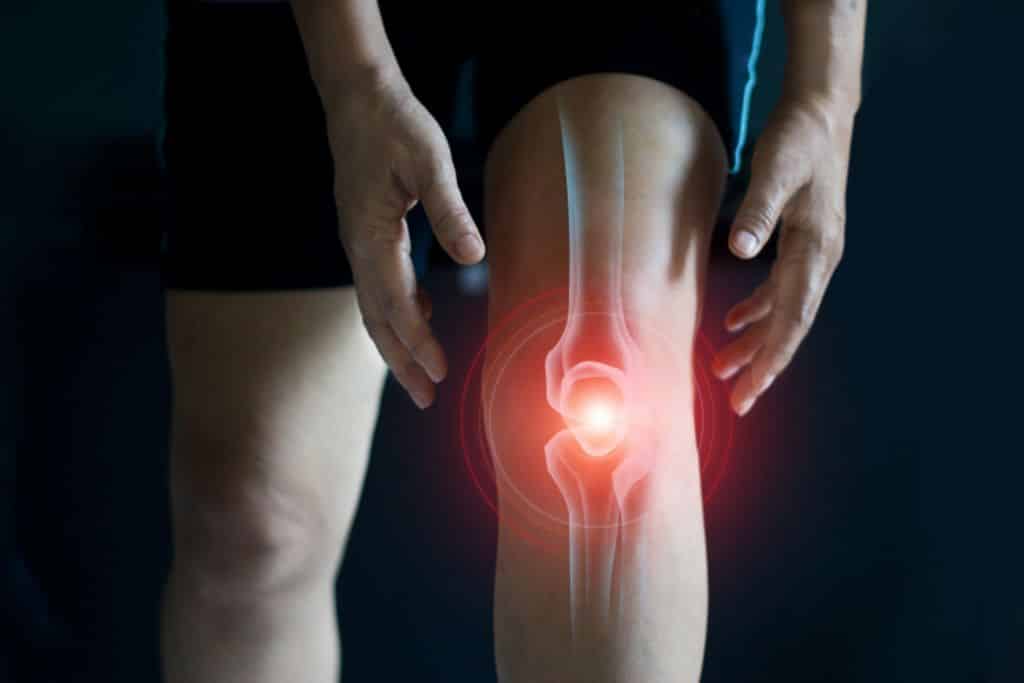Cells for Cells (C4C), a clinical-stage biotech allogeneic stem cell and stem-cells-derived therapeutics for high-impact chronic diseases, has announced a six-month follow-up of the clinical data from the first patient dosed with an exosome-produced therapy for osteoarthritis.
The results were made public at an extracellular vesicles signature series during the ISCT annual meeting in San Francisco and the ISEV meeting in Lyon, France.
Maroun Khoury, chief scientific officer at C4C, presented the results of the first trial evaluating the safety and efficacy of exosome biotherapeutics in joint disease.
The study reported a WOMAC score reduction six months after a single administration of XO-101, C4C’s flagship exosome therapy derived from mesenchymal stem cells (MSC).
The company said this suggests XO-101 may provide a significant positive effect on the treatment of osteoarthritis, which affects the quality of life of more than 32 million people in the U.S.
Osteoarthritis
According to the Mayo Clinic, osteoarthritis is the most common form of arthritis, affecting millions worldwide. It occurs when the protective cartilage that cushions the ends of the bones wears down over time.
The condition most commonly affects joints in the hands, knees, hips and spine.
Osteoarthritis symptoms can usually be managed, although the damage to joints can’t be reversed.
First study
The outcome of the first-in-human study supports the interest in the ongoing ExoOA-1 phase I study, which will recruit 10 patients.
The preclinical data gathered after 12 studies demonstrate XO-101’s cartilage regeneration capacity and increased bone mineral density in cases of clinical OA in vivo. Both therapeutic effects are now being corroborated in first patients.
New company planned
“Milestones like these are great boosters for pushing our clinical program forward. The lack of any observed adverse effect in this first-in-human trial reinforces the safety profile of C4C’s MSC-derived exosomes and their potential as disease-modifying agents,” Khoury said.
The XO-101 product was first in the race to the clinic and could be among the first exosome therapies approved by the FDA. Following this, C4C decided to spin out its exosome asset into a new U.S.-based company focusing on well-aging and longevity.
“The first-patient milestone positioned C4C ́s exosome therapy at the forefront of the field, and, in order to capitalize upon that achievement, we decided that forming a new venture was the best route for clinical and financial success. The NewCo will seek to raise $18 million to finance the XO-101’s phase IB and II studies in the U.S. and the R&D and phase I for XO-101+, its drug-loaded allogeneic exosome-based therapy,” said Maximiliano Kunze, associate director of business development at C4C.
About Cells for Cells
C4C is a clinical-stage company developing biotechnology platforms, including allogeneic cell therapies and extracellular vesicles, aiming to improve global population healthspan by targeting key hallmarks of high-prevalence chronic diseases.
The company said it is committed to time-sensitive and cost-efficient clinical and IP validation, which allowed it to achieve the first-ever clinical proof-of-principle of an exosome-produced therapy for joint disease.
Other news
Last week, a clinical stage pharma company specializing in developing nanomedicines announced it will receive $30 million in exchange for rights to an injectable treatment for osteoarthritis.
In one of the largest deals in Taiwan’s biotech sector, TLC Biosciences will receive the upfront payment with potential to earn a further $110m if the treatment targeting knee pain is a success.





